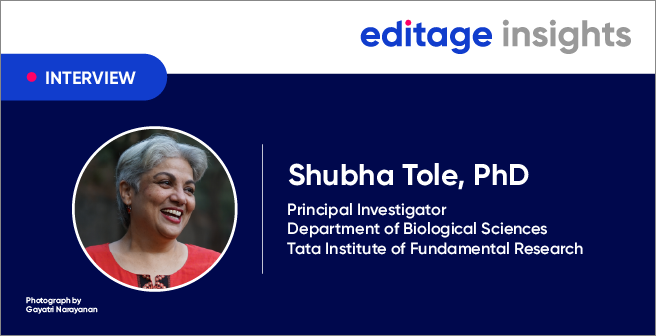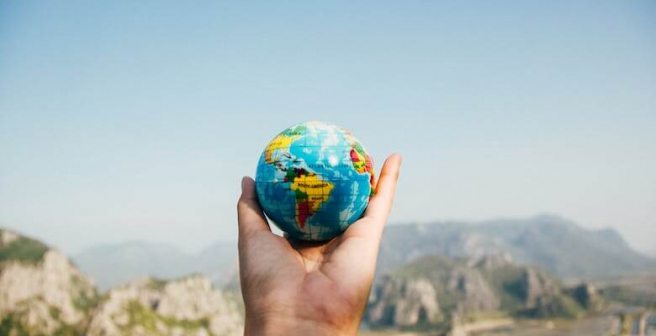What it’s like being a first-generation PhD candidate

I’m very privileged – I have a supportive family, supportive friends, a loving partner, a nice, safe place to live, health insurance, clean running water, and all of my basic needs are met. However, I do face some unique challenges in academia being a woman and a first-generation college student.
I really started thinking about this status recently. In January 2018 I saw a high-profile, tenured professor who came from a high-profile, elite academic family say that she gets so bored with reading application letters that begin with some variation of “I’ve been interested in science ever since I was young…”
This struck a nerve with a lot of people, especially marginalized and underrepresented students who don’t have the privilege of being born into a life of academia. This prompted me to write a Twitter thread (which I can’t find and didn’t save) but sounded something like this:
For some people, including me, an early love for science is what got me started down this road. Nobody else in my family is in the STEM fields. My parents are musicians and my dad also had a 9-5 job. My brothers are artists and musicians. Neither of my parents finished college by the time I started my PhD*. Aside from my public school science teachers, I didn’t know anyone who pursued a career in science. My passion for science, especially biology and chemistry, was all I had to go on. My passion and interest from a young age was the driving force behind where I am today. I had the encouragement of my parents, who supported my choice to become educated in ecology, but they didn’t know how to mentor me through my education.
In fact, I didn’t really have a supportive mentor until I met my PhD advisor. I didn’t have anyone in my life who could help me pick out which college to attend, how to study, how to manage my time. I had nobody to kick my ass into gear when I blew off gen ed classes that I wasn’t interested in. The fact that I was even at college, getting a science degree was reason enough to be proud. I had to figure out on my own how to gain experience in my field outside of my course work. Of course, because my parents weren’t helping me financially, I had to have paid jobs, so I couldn’t take an unpaid internship (which is a WHOLE ‘NOTHER topic). I finagled the GRE on my own and barely got an acceptable score (another topic for another day). None of this is my parents’ fault – they don’t know how to navigate the field of ecology any better than I did. I was on my own during my search for a grad program and throughout the application process. Somehow, by sheer will and determination grown from the seed of “interest at a young age,” and my family supporting my educational and career choices, I am super close to finishing my PhD.
Sometimes I wonder where I would be at now, if I had come from an academic family or had strong mentors in my high school and undergraduate education. But I try not to dwell on that, because that’s someone else’s story. My story sounds more like, “holy shit I can’t believe what I’ve been able to accomplish even though I had no idea what I was doing.”
My story is not unique. There are many others who, like me, are pushing towards a career in STEM because of that one spark of interest that got them hooked in their early lives. That passion that grew out of the child who always raised her hand to participate in science class. I think it’s brave and fantastic that there are so many first generation college students, and other marginalized and underrepresented college students who are succeeding despite every barrier put up against them.
I hope I never get so jaded that I am dismissive and bored of students’ passion for science. Instead of sticking our noses up at these so called generic personal statements, why don’t we work on breaking down the barriers that affect first generation students and students who face other institutional barriers based on race, ethnicity, gender, sexual orientation, immigration status, etc.? Why don’t we step up to mentor and guide the students who may not have a stellar personal statement because nobody ever showed them how?
It’s always a good reminder to evaluate your own personal privileges and barriers, and to recognize the barriers that others face as well. We can be honest and open about our own struggles without discounting the hardships that others face.
If you want to discuss this topic, or share your own story, I’d love to hear from you! Contact info is in my “Contact” section, or find me on Twitter @anna_boeg.
*My mom did go back and finish her Bachelor’s and graduated at the age of 65, after I had started graduate school. She accomplished this with assistance from the Michigan Coalition for the Blind.
Dr. Anna Boegehold (@anna_boeg) is a Postdoctoral Fellow at the Institute of Environmental Health Sciences. This story was published on April 6, 2018, on Dr. Boegehold’s blog (available here), and has been republished here with her permission.




